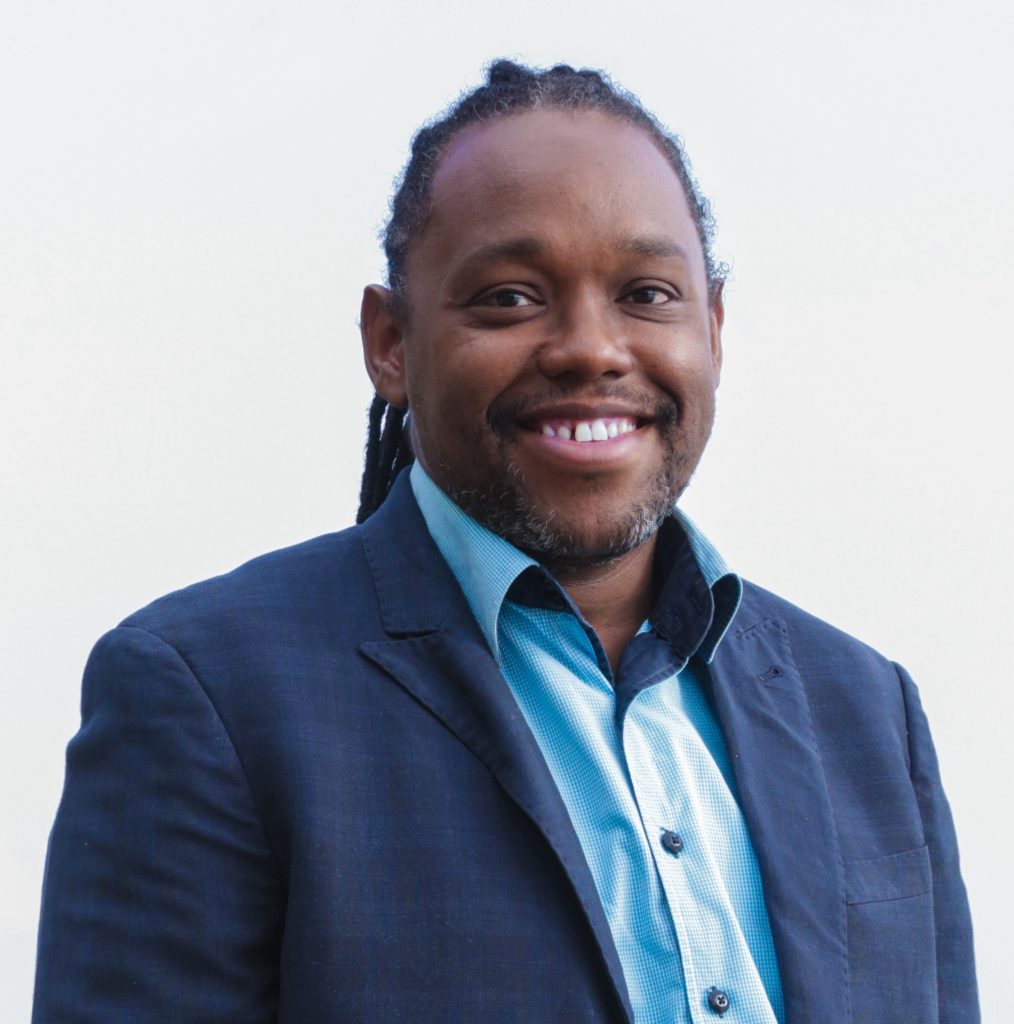Sustainable chemicals production and renewable feedstocks development are key components to mediating negative impacts of fossil fuels and related chemicals on the biosphere. Our research is focussed on green catalysis and sustainable chemicals for health and wellbeing in a research space that has not yet adopted sustainability as a driver of research and innovation at the university-led research level. Two biomass upgrading target feedstocks, furfural and levulinic acid, will be discussed from the vantage of how careful materials design can increase the sustainability or flexibility of chemical upgrading processes by using bimetallic nanoparticulate catalysts and by coupling different reactions for simultaneous upgrading of multiple feedstocks. The profound effect of surface species, that are intentionally added to catalysts, on selectivity in furfural hydrogenation will be highlighted. The talk will also introduce our new work on the transition from thermocatalytic to photocatalytic transformation of biomass to value chemicals demonstrating the largely unexplored topic of photocatalytic approaches as relevant for the sunshine abundant Caribbean region.
Click below to watch a recording of the presentation:
Biography

Dr. Forde completed his undergraduate studies in Chemistry culminating in a MChem with Industrial Experience awarded by the University of Edinburgh. He has worked at the Procter and Gamble Egham Technical Center as a Scientist in the implementation of the Madonna Project, which was adopted across hair colourant platform for P&G brands worldwide. Dr. Forde completed his PhD studies at Cardiff University in a project sponsored by the DOW Chemical Company under the direction of Prof. GJ Hutchings FRS, an acclaimed industrial chemist. Currently, he leads the sole sustainable catalysis research group the University of the West Indies St. Augustine Campus, where he is a Senior Lecturer in Chemistry and coordinates the Major in Industrial Chemistry. His teaching focus is on green chemistry, industrial chemistry and science communication. His research group works on sustainable biomass transformations that have potential for implementation in a Caribbean perspective. Dr. Forde also supervises a PhD project in virtual reality aided learning in chemistry. Additionally, Dr. Forde co-owns a cosmetic manufacturing business, HOS Botanicals Ltd. HOS Botanicals offers formulation and manufacturing consultancy services and in-house manufacturing services for niche brands with local and regional presence. Dr. Forde currently serves as an Executive Board Member of Commonwealth Chemistry, an international federation of chemical societies with the remit to support chemistry in all commonwealth countries, and the Trinidad and Tobago Chemical Society.




